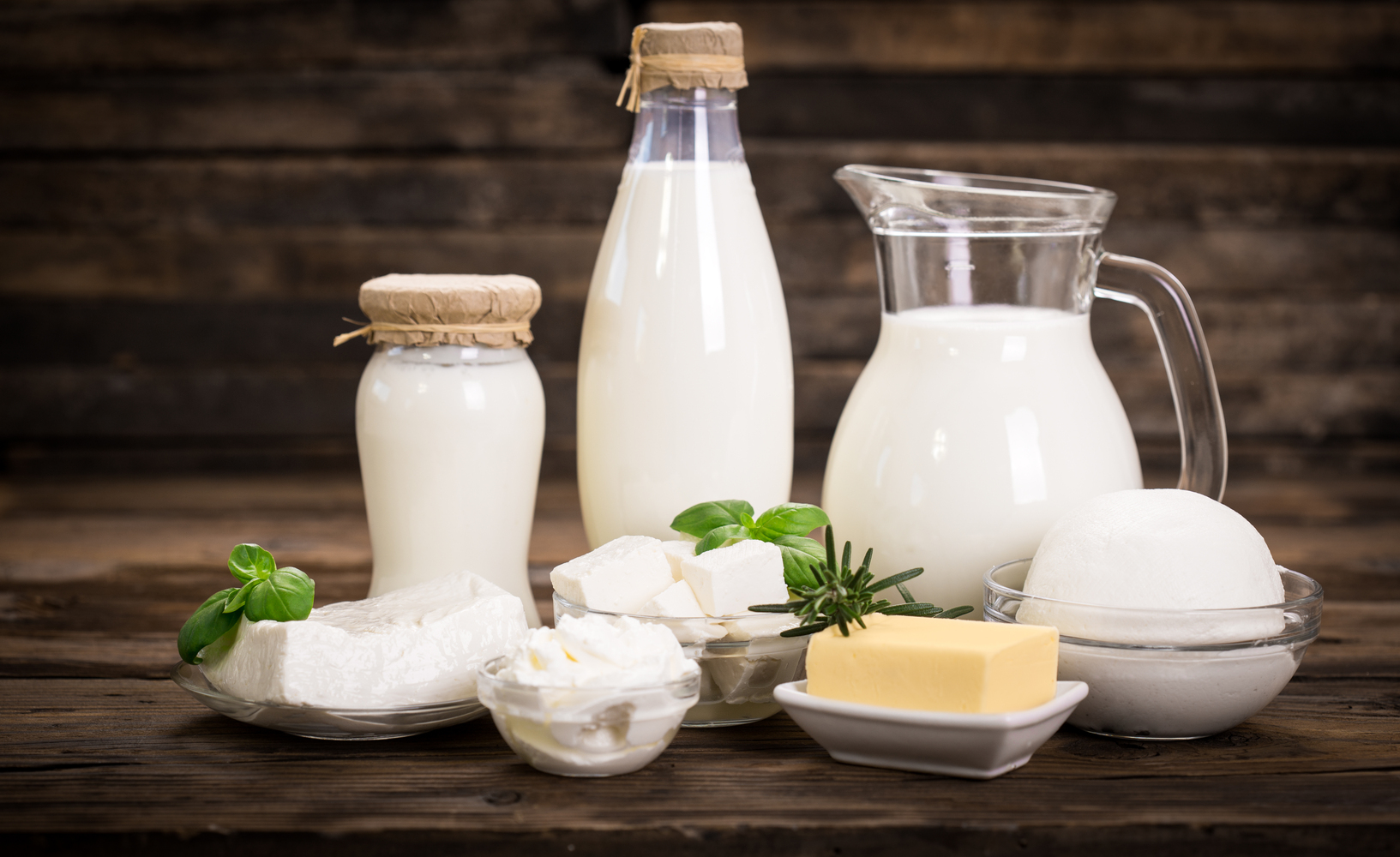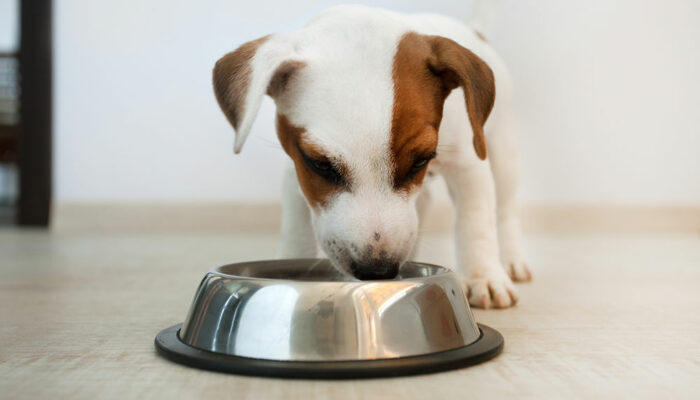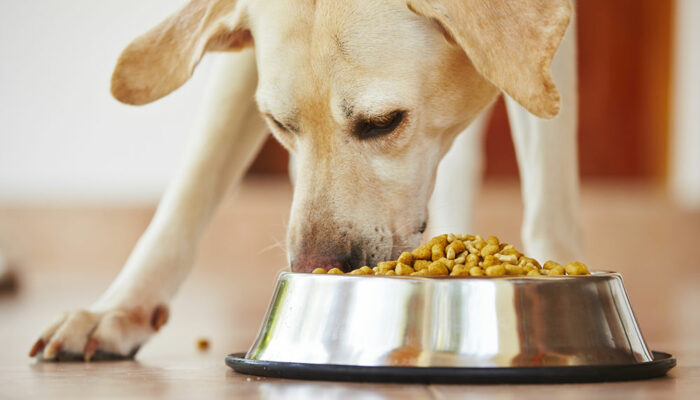
5 Common Signs of Lactose Intolerance
Lactose intolerance is a gut inflammation caused by the inability to digest lactose or sugar in milk. The enzyme that breaks down lactose is known as lactase. Doctors often recommend reducing the reaction by moderating or cutting dairy products—like cheese, ice cream, butter, sour cream, and milk—out of the diet altogether. Patients with lactose intolerance can also opt for lactose free milk, or take an over the counter supplement to help them digest lactose (i.e., Lactaid).
Here are five telltale symptoms of lactose intolerance:
1. Diarrhea or loose stools
If you enjoy 100% real milk, you may notice occasional loose stools. If loose stools are a constant, you may not be gaining nutritional benefits from the milk you take in. Again, awareness is key. If cutting out dairy leads to firmer stools, you may gain more calcium from fortified bread and juices.
2. Gas and bloating
The bulky feeling of excess gas and bloating may take a few days to go down after you cut out dairy or switch to lactose-free milk. If you’re frustrated by your symptoms, do your best to stay patient as you track your food intake and your resulting symptoms. You may choose to measure your waist or your tummy bloat day by day to measure your gut as the bloat drops. Remember that an inflamed gut is a poorly balanced gut; you will need water and fiber to boost the growth of the healthy bacteria that your gut needs.
3. Stomach Pain and cramps
If you often struggle with stomach pain and cramping, you may not be able to digest lactose. To test this, track your food intake and note the time difference between when you eat and when the discomfort starts. Remove inflammatory foods, such as milk, for a few days to see if your discomfort is lessened. Re-introduce lactose free milk to see if you can tolerate it and discuss the results with your doctor.
4. Constipation
An irritated gut will not easily shed waste. While diarrhea is common for many lactose intolerant individuals after consuming dairy, constipation can also occur, and be incredibly uncomfortable. You can also develop even more gas from waste that does not clear. An inflamed gut can not effectively absorb nutrients from food as it passes through your gut. Constipated or hard stools can also cause inflammation and hemorrhoids.
5. Mouth ulcers
While mouth ulcers are not the most common symptom of lactose intolerance, this condition can cause dry mouth. If you find that your mouth is dry even if you’re not thirsty, your digestive tract may be inflamed. To avoid dry mouth, you may need to cut out dairy entirely for a time. Once dairy is out of your diet, be gentle with your gut. Drink plenty of water, eat small meals with plenty of fiber, and make sure your food intake includes lots of fruits and vegetables.



